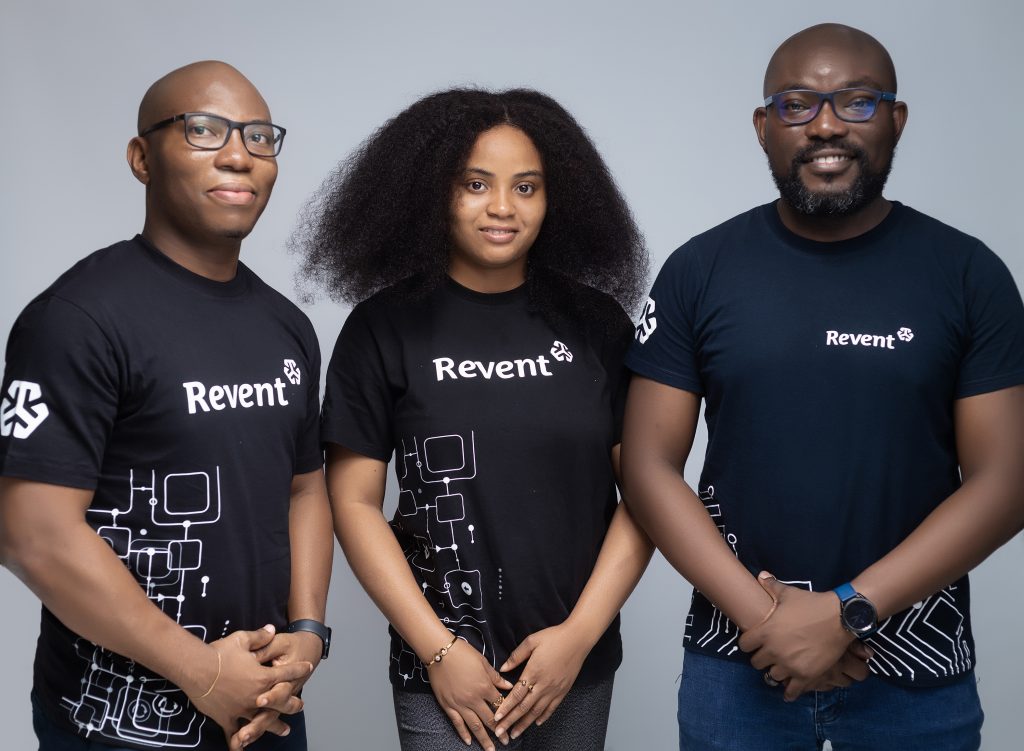I visited Spark and Jumia on Monday. Would have hit Konga too, but that didn’t work out.
I’ve always known that blogging from behind a laptop is a mistake, but I received another forceful reminder that I need to get out more. I came away impressed by the energy at Spark. Nicolas Martins, MD at Jumia was kind enough to give me the “grand tour” of their 7,000 square meter warehouse facility. He stopped just short of sharing actual numbers, but I wouldn’t have met him, let alone acquired the insight I now have into their business had I tried to conduct the interview via email.
Of course, frequent trips to the location of one’s subject is probably Journalism 101. Except that I’m not a “journo”. I only happen to do it sometimes. Hey, who am I kidding? Whatever.
I also learnt something else. When you see all the gears grinding in the backend, and maybe like only one percent of it is code, and the rest is humans making phone calls, riding bikes, handling inventory and visiting their customers, you realise that this is not a technology ecosystem, and the people we are talking about aren’t technology startups. This is a startup ecosystem. At best, what they do is technology enabled entrepreneurship. Forget about the “tech” prefix, I just want to talk about startups now.
One big problem I have is that Nigeria’s tech landscape has no history, except conspiracy theories and rumours, with mere sprinkles of truth. The real truth is locked in the minds and collective knowledge of the actual people who experienced them.
The good thing is that these truths are still around and might still be of benefit because the ecosystem isn’t old enough for its guardians to have died with them. The troublesome thing is they don’t blog, and they aren’t likely to spill their guts via email either. But I’ve found visiting them can make the difference. You have to find them first of course.
We’re also doubling down on startups. Starting in 5…4…3…2…
Photography: Busayo Longe.










